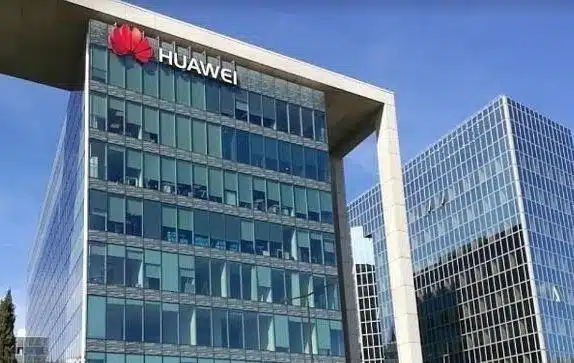Malawi teams up with Huawei to improve Internet access in rural areas

Malawi is partnering with Huawei, a global telecom company, to launch the Smart Village Initiative, which aims to boost Internet access in rural and remote communities.
The initiative will set up technical training centers in these areas to teach young people important digital skills like artificial intelligence, cybersecurity, and smart farming techniques.
President Lazarus McCarthy Chakwera announced this plan on Tuesday, September 3, during the Forum on China-Africa Cooperation Summit in Beijing, China. The goal is to enhance connectivity and access to digital services across the country.
Malawi, with a population of just over 20 million, had 5.86 million Internet users at the beginning of 2024, which means only about 27.7% of the population is online. Statista projects that the number of households with Internet access will reach 640,000 in 2024. This highlights the need for projects like the Smart Village Initiative to help bridge the digital gap in rural areas.
Huawei had already announced in July 2024 its plans to set up a smart village in Uganda, which will include a network tower, a solar power station, and smart classroom equipment.
Earlier in September 2023, Malawi also revealed the Digital Malawi Program in collaboration with the World Bank to boost digital transformation, promote economic growth, and improve access to services through technology.
In 2023, Huawei committed to investing $430 million over the next four years across 28 African countries. This investment includes $200 million for cloud development, $200 million to strengthen local partnerships, and $30 million to train future digital professionals. Huawei also signed a Memorandum of Understanding with Kenya to support digital transformation.
Chinese interest in African digital development continues to grow. For example, Sierra Leone recently signed a $50 million agreement with China National Technical Import & Export Corporation to launch the SMART Sierra Leone Project. This project will extend Internet access to over 400,000 people, build national data centers, and improve security measures for critical infrastructure in Freetown.





